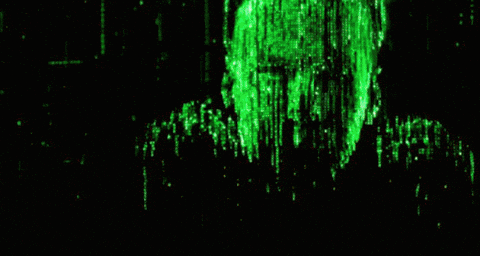The world of Matrix, both as depicted in the movies and as a conceptual framework, raises several important ethical questions that need to be considered. At its core, the Matrix is an artificial reality created by sentient machines to keep humanity under control while they use humans for their energy needs. This raises concerns about consent, autonomy, and the nature of reality itself.
Firstly, the issue of consent comes into play when we consider that the inhabitants of the Matrix are not aware that their lives are simulated. They believe themselves to be living in a real world, unaware of the true nature of their existence. This raises questions about whether it is ethical for sentient beings to deceive others on such a grand scale and manipulate them into believing they have free will when in reality, all their actions are controlled by an external force.
Secondly, the concept of autonomy is challenged within the Matrix. Humans living there may believe themselves to be making independent decisions, but ultimately, these choices are dictated by algorithms designed by machines. This raises concerns about whether individuals can truly possess free will if every aspect of their lives is predetermined and controlled by an external entity.
Lastly, the nature of reality itself becomes a subject of debate within the context of Matrix. If our perception of reality is based on sensory input from our environment, then what happens when that environment is entirely fabricated? Does it matter if we are living in a simulated world as long as we believe ourselves to be real? These questions challenge traditional notions of truth and existence, forcing us to reevaluate our understanding of the universe.
In conclusion, while Matrix offers an intriguing exploration into advanced technology and artificial intelligence, it also raises significant ethical concerns that must be addressed. As society continues to advance technologically, these issues will become increasingly relevant in shaping our future.
